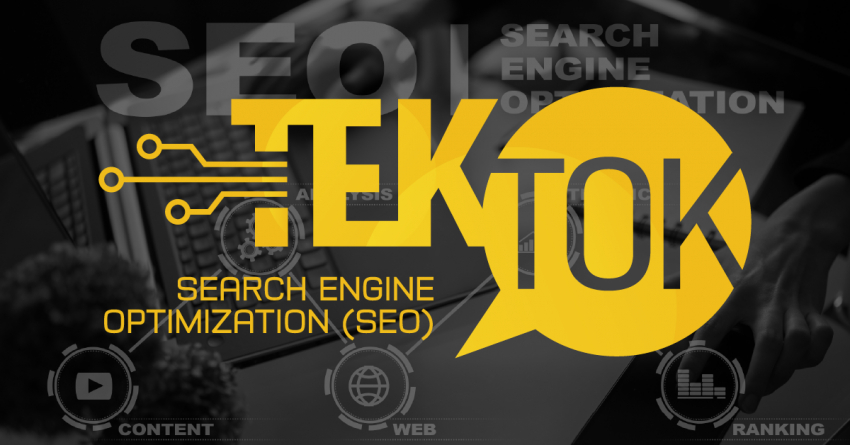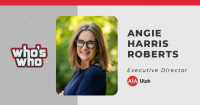SEO Terminology for Beginners
Because it is a terminology-dense subject, search engine optimization (SEO) can be dauntingly complex. At its simplest, it is the process of making a site more visible from search engines, improving the quality and quantity of unpaid website traffic.
We’ve collected enough terms to start you off on the right foot for understanding SEO, what it’s about, and some of the steps you can take to achieve it.
Anchor text: The text that a hyperlink is anchored to. Typically seen as blue with an underline, and can be clicked in order to go to the hyperlinked site.
Bots: Estimated to make up 60% of online traffic, and used to easily index, collect, and analyze website information. Some help professionals to gather and analyze information, others are harmful.
Breadcrumb Navigation: Tracks how a user got to where they ended up when navigating a site. It typically takes the form of hyperlinks at the head of a page. Ex: Home > Stuff You Need > TEKTOK: SEO Simplified.
Domain Rank: Also known as domain authority. A measure of how successful a site is—that is, how close it is to the top of a relevant search, or if it will show up at all—when it comes to search engine results.
Domain Trust: A possible network between domains that ratifies each other. One trusted site linking to another site will increase the authenticity of the latter and will be trusted more by the search engine.
Headings: An HTML tag that organizes content for visitors and search engines, optimizing SEO. These typically range from H1 to H6, with H1 being the most prioritized to H6 being the least—H1 should only be used once per page.
Inbound Links: Or backlinks. Links from another site that bring engagement to yours, and tie directly to domain trust.
Indexing: The process by which search engines collect, process, and sort data on the internet. Search engines will scan for new pages and add it to a searchable index for its users.
Keyword: A word or phrase users will type into search engines to find what they are looking for. Those wishing for increased SEO should include precise and descriptive keywords in title tags, headers, and content body without overuse. ”Keyword stuffing” will harm a page’s rank.
Long Tail Keyword: Keywords, but longer and more specific. As a result, these are unpopular, but allow your site to be prioritized over others when searchers get more specific. For example, the difference between “engineering” and “full-service engineering firm.”
Meta Description: An HTML tag tied to a specific page, which describes a page on search engine results. The more relevant a meta is to a search, the more likely it is that it will show up. It should be unique, brief, and thorough.
Outbound Links: Links from your site to others. Search engines will register this as “helpfulness” and/or will increase your trust if these outbound links tie to other trusted sites. It is important to choose the anchor text carefully for outbound links.
Page Rank: Or page authority. Focuses on the authority of a single page rather than the entire domain. Each page adds up to the domain’s authority which means that each page should be SEO-optimized.
SERP: Search Engine Results Page. SEO specialists will see how high your domain ranks on the SERP. The higher your domain/page ranks, the better.
Sitemap: A list of pages of a website within a domain. Structured listings help web crawlers such as search engines to accurately index your domain, so optimizing it is important.
Title Tag: Or page title/meta title/SEO title. An HTML tag that, at its best, will allow searchers and search engines to quickly gauge the content and relevance of a particular page. The title tag should be limited to 50–60 characters and include keywords, ideally at the beginning of the tag.
Traffic: The number of website visitors you receive over a given time period. The more traffic the better, though there is better traffic than others. Ideally, it is composed of real people with purchasing power who are looking for your goods and services, which is what makes SEO so crucial.






